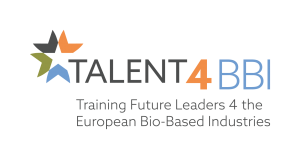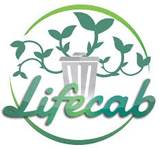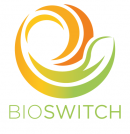Talent4BBI project
This project ends on: 31/08/2026

Talent4BBI, the first industry led PhD MSCA programme is being led by BiOrbic, the Bioeconomy SFI Research Centre located in University College Dublin (UCD). Talent4BBI brings together 10 industry and 7 academic partners across 8 Member States and 1 Associated Country with the aim of training a cohort of 11 highly skilled industry-ready ESRs equipped to lead the future of the European bio-based industry sector. The programme provides a unique opportunity for Early-Stage Researchers (ESRs) to develop key skills, competencies and experience required by the bio-based industries through a targeted programme for future bioeconomy leaders. During the 60-month programme duration, the 11 ESRs will undertake PhDs of 48 months cohosted by industry and academia. The ESRs will be recruited and co-hosted by a consortium of 16 partners across 8 Member States and 1 Associated Country (7 universities and 9 leading bio-based industries) with a wealth of collective experience in training talented mobile researchers. 3 additional industry partners will also contribute their expertise to the PhD training programme.
The programme structure offers a unique opportunity for graduates to thrive in an industrial and academic research setting and enhance the ESR career opportunities in line with the MSCA COFUND work programme objectives.
Talent4BBI’s selection process will be guided by principles of openness, transparency, merit, impartiality, and equality for the ESRs. Talent4BBI will impact the European Research Area through developing a uniquely qualified and career-driven talent pool, driving effective cooperation between industry and academia, and boosting the development of bio-based industries.
Contacts:
Prof. Kevin O’Connor – Programme coordinator
Cathy Quinn – Programme manager
email: Talent4bbi@biorbic.com
Founding source: Talent4BBI project is cofounded by H2020-EU.1.3.4., H2020-EU.1.3.











